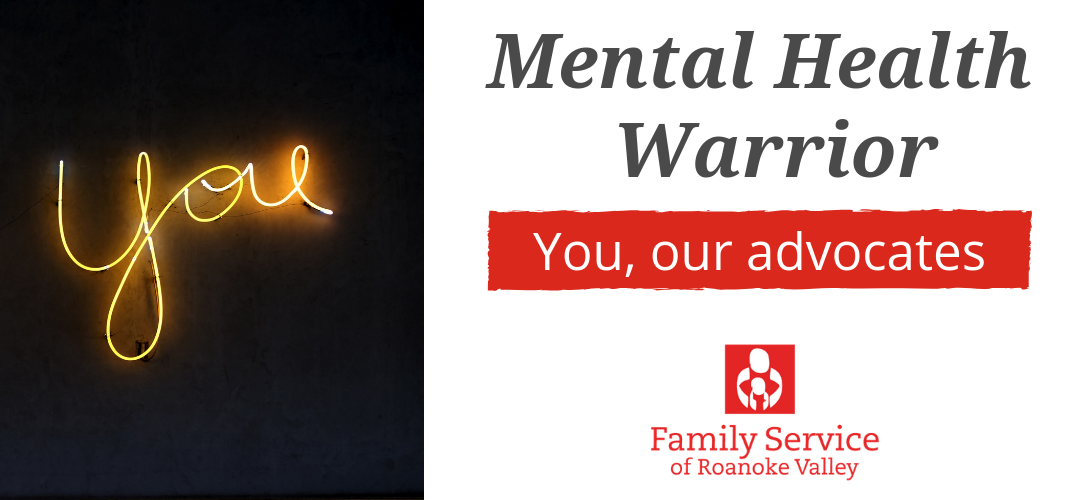In May 1949, Mental Health Awareness Month was celebrated for the first time and was the beginning step to spreading awareness and breaking down barriers for people accessing care.
70 years later, people like you are still working to Stamp Out Stigma or are reminding others that mental health is just as important as physical health with #4body4mind.
With 1 in 5 adults in the United States experiencing a mental health condition in a given year and the 2018 Community Health Needs Assessment (administered by Carilion Clinic) saying there was an increase in respondents who said they had been told by a doctor that they have depression, anxiety, or mental health problems, Mental Health Awareness Month is just as important in Roanoke as it is across the nation.
So with it coming to a close, our work is not done yet.
“How can I keep the conversation going about mental health all year long?” Glad you asked and even more glad that you’re continuing to be a champion for mental health.
First, continue to inspire others to raise awareness and take part in sharing information, resources, and support for mental health conditions.
To help you get started, consider the following as you find ways to spread awareness:
- Talk about it. Ask people how they are doing and mean it. Always be ready to listen and encourage. Ask questions and never judge.
- Share your story. Have you personally struggled or currently struggle with mental illness? Don’t hesitate to tell friends and family about it. Your story can encourage others to ask for help.
- Encourage non-judgmental speak. Try to educate those around you on how to talk about mental illness. Never use words like “crazy” or “insane” as insults.
- Volunteer in your community. Donate your time to help others. You’ll boost your mental health as you work to help those in need.
- Organize group workouts with friends to improve your mental health. Exercise is a great mood booster and is even more effective when you spend time with friends!
Stigma is a huge reason why many people don’t access services that could help them or even talk about mental health at all. That’s also why the talking points above are important.
Some people describe stigma as shame that can be felt like a judgment from someone else or a feeling that is internal, something that confuses feeling bad with being bad. Most of the examples above are about creating dialogue with people. Opening these channels helps to reduce stigma and helps people to realize that feeling bad doesn’t make you a bad person.
Second, keep finding resources to stay on top of mental health topics and awareness. While we hope one of those resources is us (promotion time: check us on Facebook, Instagram, Twitter, or our e-newsletter), there are so many ways to stay in the know to keep spreading awareness.
Our community is better off because you invest in mental health. Thank you for being our #MentalHealthWarrior.


